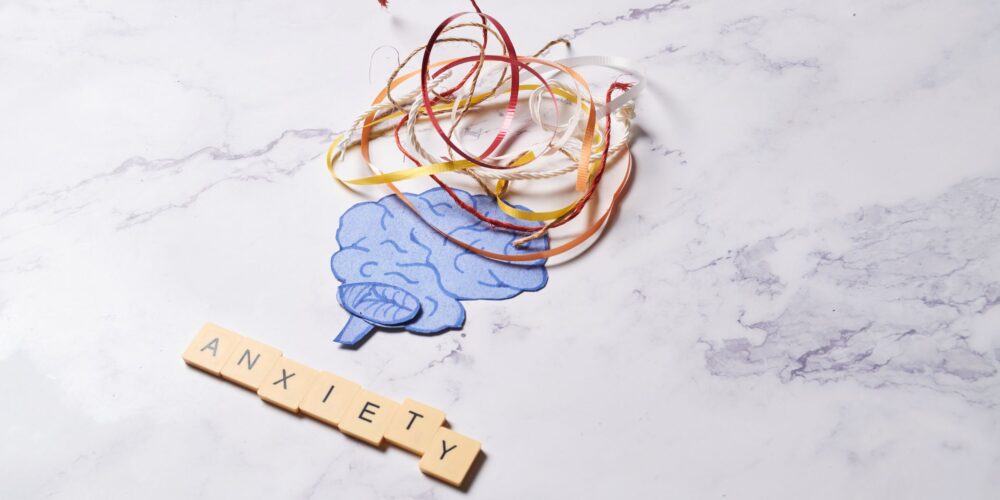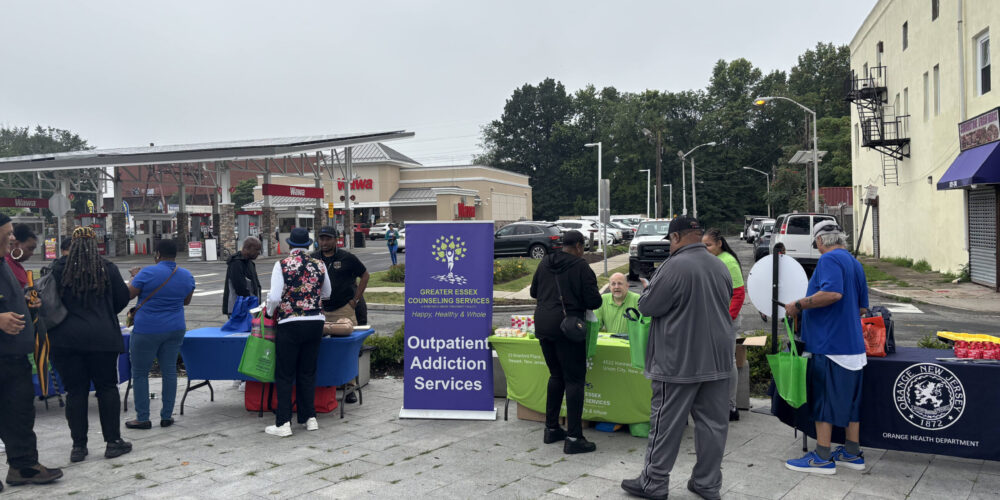On June 28th, Greater Essex Counseling Services, in partnership with the…

Many people suffer from seasonal mental disorders. One of the most familiar is seasonal affective disorder (SAD), which presents with depression-like symptoms as daylight is restricted. SAD generally onsets in the winter and is a well-known condition. A lesser-known condition, autumn anxiety, is a seasonal disorder that manifests as anxiety rather than depression.
What Is Autumn Anxiety?
While SAD is linked to changing amounts of daylight, autumn anxiety seems to be about more than the weather. It may be because the beginning of fall and the ramp-up to the holiday season is full of things to do, putting tremendous pressure on people. The main symptom of autumn anxiety is a feeling of anxiety and depression that does not have an apparent reason.
Some causes of autumn anxiety include:
- Weather changes
- Schedule changes
- Holiday stress
- Less exercise
Understanding Anxiety
While anxiety gets a bad name, it plays a critical role in protecting humans. We experience anxiety in response to threats. Anxiety is what helped us survive as cavemen, avoiding predators. However, many of today’s threats do not have a physical outlet. So, the stress continues to build up. We can perceive any change as a threat but may be powerless to do anything about it. If that feeling becomes overwhelming, you may have anxiety.
Treating Anxiety
One of the best treatments for anxiety is exercise. Anxiety warns you that there is a threat. For centuries, that meant fight or flight, a tremendous energy expenditure. All the stress hormones that flow in the body are designed to make that physical activity more accessible. However, those hormones can become toxic if it has nowhere to go. Even if you need to exercise inside as the weather changes, you want to maintain or increase your exercise routine as the seasons change.
Even though it is seasonal, you can treat autumn anxiety in the same way as other anxiety. Talk therapy, meditation, coping mechanisms, and medication can all be essential in treatment. The best way to find the right approach for you is to work with mental health.



